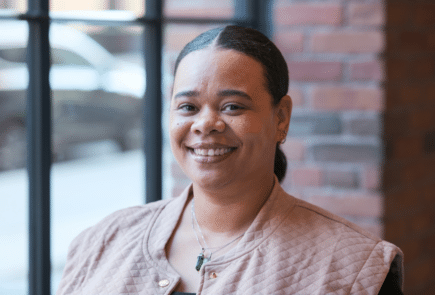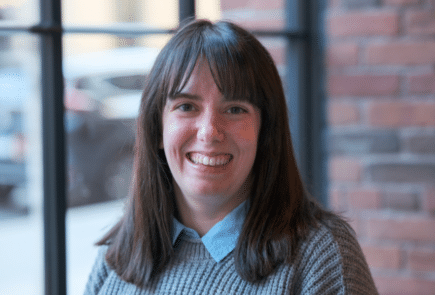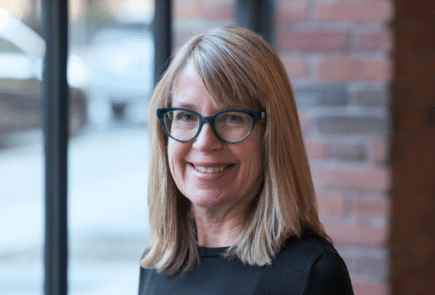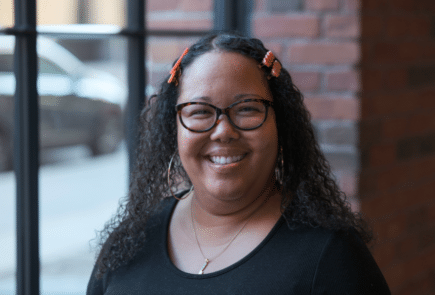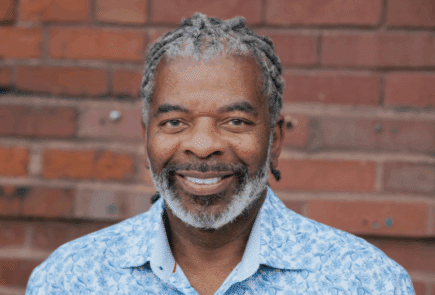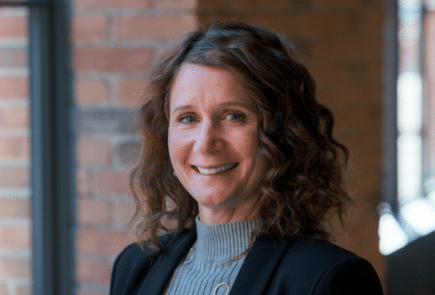A Punishment Response Trumps Proven Solutions
You may have seen the Executive Order published by the White House on July 24, 2025, and it is reasonable to have questions about what it says and what it means for our most vulnerable families in Minnesota. Like the recently passed H.R. 1, a/k/a “One Big Beautiful Bill Act”, the executive order adopts a punishment model for responding to poverty and homelessness.
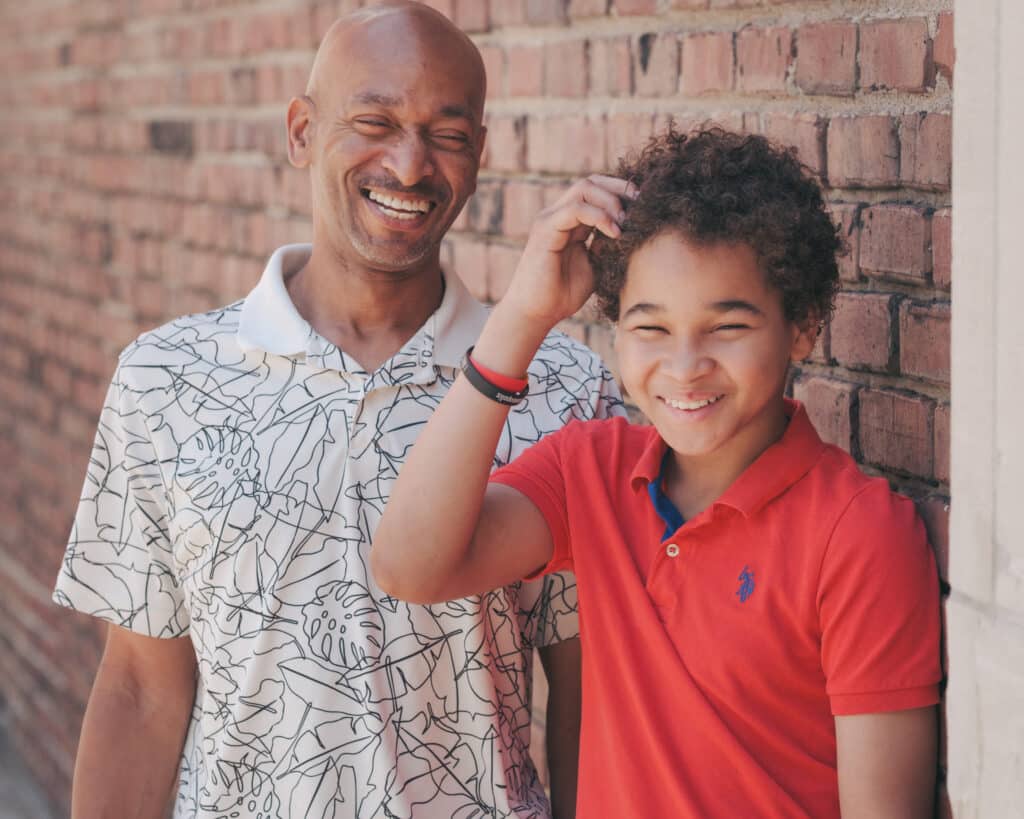
Not only does the executive order adopt a punishment model, but it does so based on false claims and wrong facts.
False claims about substance use disorder and mental health conditions.
The executive order states that the “overwhelming majority of homeless individuals are addicted to drugs, have mental health conditions, or both.” But the data reveal that only about one-third of people who are homeless have a substance use disorder, and only about one-third of unhoused people suffer from a mental health issue.
Furthermore, this claim fails to take into account that research shows that the longer someone is homeless, the more likely they are to develop a substance use disorder or a different physical or mental health condition.
Disregard for proven solutions
In Section 2(i) of the order, the focus on proven solutions to homelessness and compassionate responses to poverty is diminished. Instead, it adopts a policy that encourages “civil commitment of individuals with mental illness who pose a risk to themselves or the public or are living on the streets and cannot care for themselves in appropriate facilities for appropriate periods of time.” This strategy was popular from the late 1980s through the mid-2000s. It tended to be expensive, unsuccessful, and was abandoned mainly due to these reasons.
Criminalizing homelessness: a costly and ineffective approach
In Section 3 of the order, the White House states that it will be funding states and municipalities that criminalize homelessness. But criminalization does not work.
Instead, criminalization only adds to the already massive prison-industrial complex we have in this country. In addition, jails and prisons already act as the biggest “mental health” facilities in the country—something that many law enforcement professionals continuously ask government officials to address because they are not equipped to manage the shift of care for such people from social service and medical organizations to prisons. It also makes no fiscal sense. It costs over $31,000 a year to criminalize one individual who is homeless, as opposed to it costing over $10,000 a year to provide supportive housing. Shifting to a more expensive and punitive model creates even more barriers for individuals and families to access affordable and deeply affordable housing.
Loss of federal funding to support housing solutions and shifting costs to state and local governments
Section 5(a) of the order, the federal government ends its support of the Housing First policy and shifts to a more punitive, command-and-control approach that criminalizes homelessness. Housing First was implemented nationally in 2004 under the George W. Bush administration to stabilize homeless individuals and families in permanent housing first and provide them with case management support and social services without forcing treatment, imposing job requirements, or other conditions. Housing First has been demonstratively successful because housing stability is a proven foundation for treating different causes of homelessness (employment, treating chronic health conditions, etc.).
In contrast, criminalization of homelessness has proved to be expensive and unsuccessful. States that do not adopt a punitive approach risk losing their federal funding, which would shift the cost to states and local governments. Such a shift will entirely dismantle the HUD Continuum of Care Program (CoC), making it nearly impossible for individuals and families to find affordable and deeply affordable housing.
Making a fundamental human right—and humane care—conditional
In Section 5(b) of the executive order, “recipients of Federal housing and homelessness assistance … who suffer from substance use disorder or serious mental illness [must] use substance abuse treatment or mental health services as conditions of participation.” This requirement would compel doctors to violate federal medical privacy laws, such as HIPAA, by sharing private medical information with law enforcement. Such a policy sets a dangerous precedent.
Access to healthcare (mental, physical, emotional), livable wages, wraparound services, and housing first end homelessness. Making homelessness a crime and putting conditions on accessing housing, also known as “treatment first,” is more expensive, does not work, and only makes this issue unsolvable. It is why we stopped doing this.
How we treat our most vulnerable is a reflection of our humanity. Ignoring history, decades of research, bipartisan expertise, and basic common sense is a reflection on our tolerance and willingness for cruelty.



